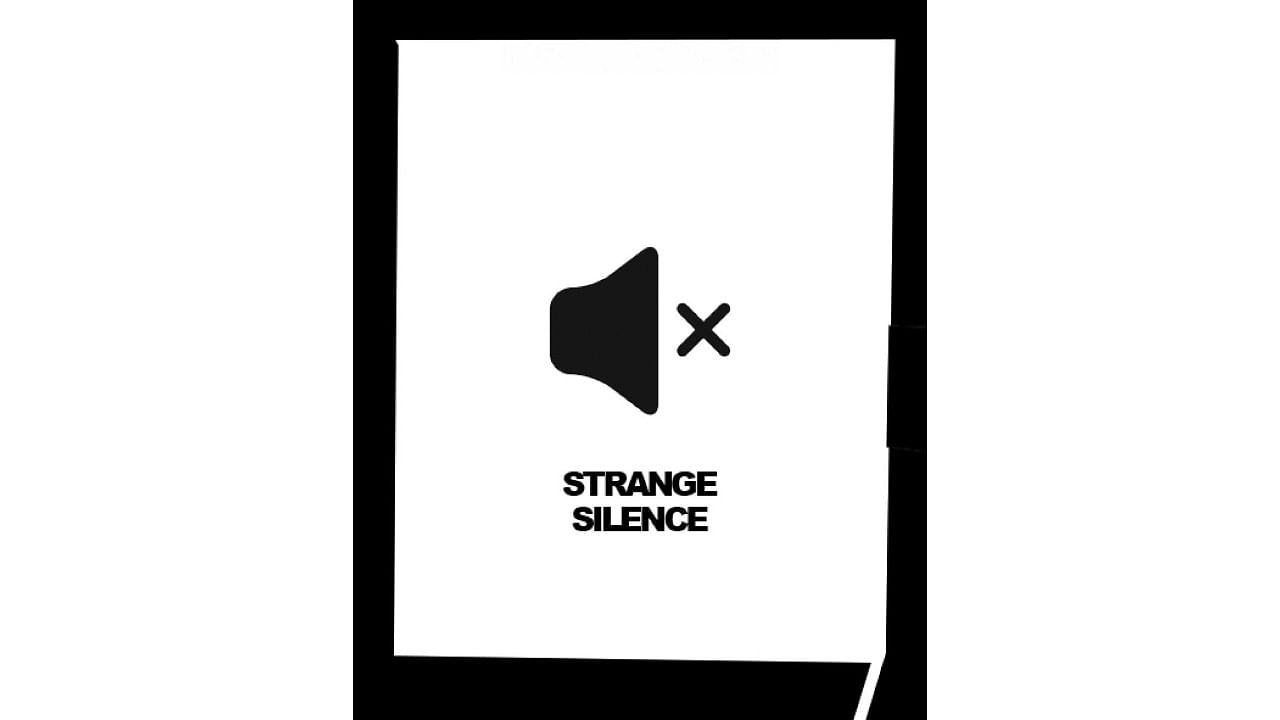
Angela Merkel, the former chancellor of Germany (2005 to 2021), once stated that silence was a form of communication that could be subject to various interpretations. However, despite her view on the matter, she faced severe criticism for remaining silent on issues such as the killing of Afghan civilians by German troops in Kundus, Afghanistan, the debt crisis in Greece, the foundation for ethnic German expellees, and the plans for tax reform. Merkel’s use of silence as a strategy did not yield desired results, leaving many to question why she revealed so little about her political positions. And we have a parallel here.
Manipur has been in a state of unrest for over two months. Tensions continue to escalate between two communities, resulting in tragic incidents where several individuals, including a teenage boy and a policeman, have been shot dead and several others have been injured in separate incidents in border areas between Bishnupur and Churachandpur districts. Surprisingly, our usually vocal Prime Minister Narendra Modi remains silent. A not-too-recent example of his silence is the absence of any mention of Manipur in his radio broadcasts.
Much has been written about our PM’s silence about matters where he was expected to speak. But he is known for his masterful communication skills evident in his election speeches, campaign rallies, Mann ki Baat radio programme, and the way he conducts himself at international forums mouthing pious platitudes on India’s diversity, democracy, tolerance, and other such millennial virtues. He rarely misses a chance to promote his government and criticise his opponents. His meticulously crafted and curated speeches and tweets are amplified by most of the mainstream media, showcasing his eloquence, his home-spun style, and his ability to connect with his audience.
However, Modi also understands the strategic value of silence. In cases where his stance may appear ambivalent or majoritarian or hurting his electorate, or where, one might assume, his speech on record, may be played later to his disadvantage, he generally does not speak, even if they happen to be topics that hog the limelight and media attention. He generally fights shy of impromptu, unscripted questions, lest that should discomfit him or take him off-guard. It is singularly remarkable that he has not held a news conference since taking office in 2014, apart from some anodyne occasions. Since Modi always speaks what he thinks and because silence transmits its own messages, it’s worth our while to study his use of silence as a tool for eloquent communication.
Silence, like spoken language, is complex, differentiated, and subtle. Similar to how words derive meaning from their context, silence acquires meaning from its context. During his first term, our Prime Minister did not issue any denunciations when cow vigilantes, targeting mainly Muslims, unleashed a wave of beatings and lynchings. It was only in May 2017, when The New York Times published a scathing editorial on the subject, that he felt compelled to comment. Similarly, when seven members of a Dalit family were flogged at Una he was obliged to comment which, detractors say, was made with an eye to the Dalit votes.
What is expected of a statesman in such situations? To cite one example, American President Joe Biden issued a statement on the first anniversary of George Floyd’s murder in June 2021, taking note of how his murder launched a summer of protest Americans hadn’t seen since the Civil Rights era in the ‘60s—protests that peacefully unified people of every race and generation to collectively say enough of the senseless killings: “Last month’s conviction of the police officer who murdered George was another important step forward toward justice. But our progress can’t stop there.” Derek Michael Chauvin, who was convicted of murdering George Floyd, was found guilty of second-degree unintentional murder, third-degree murder, and second-degree manslaughter in state court and sentenced to 22.5 years in prison. One is not sure that any such palliative statements have been issued for the families of victims of lynchings.
It is interesting that during his campaign as PM, Modi used to criticise his reticent predecessor, Manmohan Singh, for saying too little about matters of national importance. But we see his successor, the very antithesis of Singh, as a person who loves to break into talk but is careful enough not to tread into areas where he can be ensnared. His unguarded comment on refusing to accept Chinese incursions into Indian territory is a major example of a goof-up, and his subsequent silence on China shows that he does not want to commit the same mistake again. But there are areas where his silence stands at risk of being construed as his tacit support for the agent provocateurs. For instance, he said nothing when speakers at Haridwar stated that “We are ready to kill”, called on activists to “update your weapons”, and urged Hindus to “get ready to kill; there is no other way”. He did not condemn when members of the Hindu Yuva Vahini, founded by Yogi Adityanath, took an oath in Delhi to “die for, and if need be, kill, to make this country a Hindu Rashtra”. His silence there is clearly at variance with his pious utterances about India’s ‘millennial’ values at different international forums, which are based on the best principles of secularism, tolerance, and religious amity. The official theme of India’s presidency year of the G-20 is ‘One Earth, One Family, One Future’.
In politics, talk and its denial are antithetical to one another: if talk reassures, silence mystifies. Besides mystery, silence also means uncertainty, passivity, and relinquishment. When a leader is mysterious, the people are clueless as to where he stands. When the leader is passive, the public does not believe a leader will act, regardless of whether they know the leader’s position.
(The writer is a Kolkata-based
commentator on geopolitics,
development and culture)